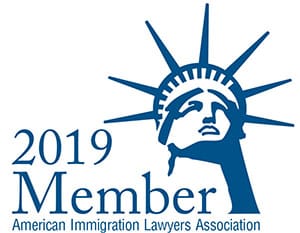Probate can be a confusing and grueling process. Depending on the efficiency of your loved one’s estate plan and the complexities of their assets, the probate process may last well over a year after the death of your loved one. Among the most disconcerting matters is that of debt.
When a person dies and has considerable debt, creditors may seek to collect what they are owed. However, it is not typically the loved ones of the deceased that the collectors go after. In fact, they will look into the estate of the deceased to see if there is a means of repayment.
That said, it is the responsibility of the estate’s executor to sell properties of the estate and then pay the creditors. Though, if the value is not enough to repay the debts, it is possible the creditors will wipe the debt clean.
Situations in which you might have to pay
Note that there are times when you may have to pay for your loved one’s debts. Are you in a community property state? Maryland is not a community property state but there are several states, especially out west, that are. If you are a spouse of the deceased in a community property state, you may bear the responsibility to pay the creditors.
Furthermore, if you co-signed on the paperwork and committed obligation to repayment or relevant laws require you to pay specific expenses, you may be responsible. Ultimately, your attorney or the attorney handling your loved one’s estate may have an idea of whether you owe creditors for your loved one’s debt.





